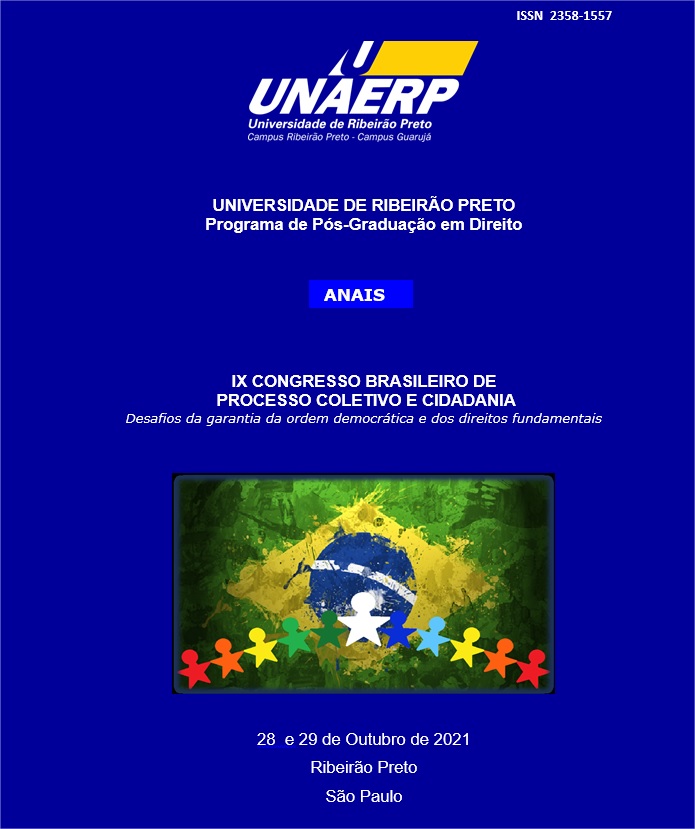CONTEMPORARY SLAVERY: THE OBSTACLES TO BE OVERCOME TO CONFIGURE EXHAUSTIVE WORKDAYS
Abstract
This paper aims to understand the structure of contemporary slave labor through historical facts and legal science with the objective of defining the term exhaustive working time, one of the kinds envisaged by the article 149 of the Brazilian Penal Code starting from legal and administrative dissidents in work situations which are similar to slavery. A brief historical review of slave labor in Brazil and in the world from the past to present days is done. After that, the concept of contemporary slavery is discussed.The approach of work analogous to slavery in the context of Constitutional Law will be presented, considering mainly its offense to the principle of human dignity, envisaged by the Brazilian Federal Constitution and in the context of the Brazilian Penal Law by the presentation of conducts envisaged in the article 149. Afterwards, the work dimension of the problem will be discussed by presenting the Labor Law basis and some treaties and international conventions about the topic are highlighted. The concept of working time and its legal forecast in the Brazilian legal order will be discussed and, subsequently, the exhaustive working time and its consequences to the worker. Then, the government procedures are analyzed and the main public policies adopted to combat slave labor are presented. Considering that, it is concluded that contemporary slave labor is still present in Brazil, even with the guarantees contemplated by the labor legislation. About the method to be used, it will be the literature review and the hypothetical-deductive method.
Downloads
Published
How to Cite
Issue
Section
License
Copyright (c) 2022 Anais do Congresso Brasileiro de Processo Coletivo e Cidadania

This work is licensed under a Creative Commons Attribution-NonCommercial-NoDerivatives 4.0 International License.
